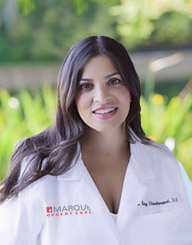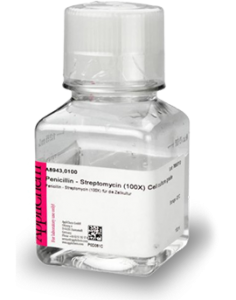
Penicillin’s ability to cure people of many once-fatal bacterial infections has saved so many lives, that it’s easy to understand why it’s called a “miracle drug.” Many people who believe they have an allergy to penicillin do not. A skin test is the best way to find out whether you have a penicillin allergy.
If you use penicillin and then develop hives, have trouble breathing or vomit, you’re having an allergic reaction. People who have anaphylaxis symptoms must seek help immediately. For emergency treatment, people typically get an epinephrine shot. Some people may get mild reactions such as diarrhea or headache and can be treated with an over-the-counter antihistamine. Regardless, you should let your doctor know about any penicillin reaction right away.

The information provided is for general interest only and should not be misconstrued as a diagnosis, prognosis or treatment recommendation. This information does not in any way constitute the practice of medicine, or any other health care profession. Readers are directed to consult their health care provider regarding their specific health situation. Marque Medical is not liable for any action taken by a reader based upon this information.

Favorite Platform

New Content



